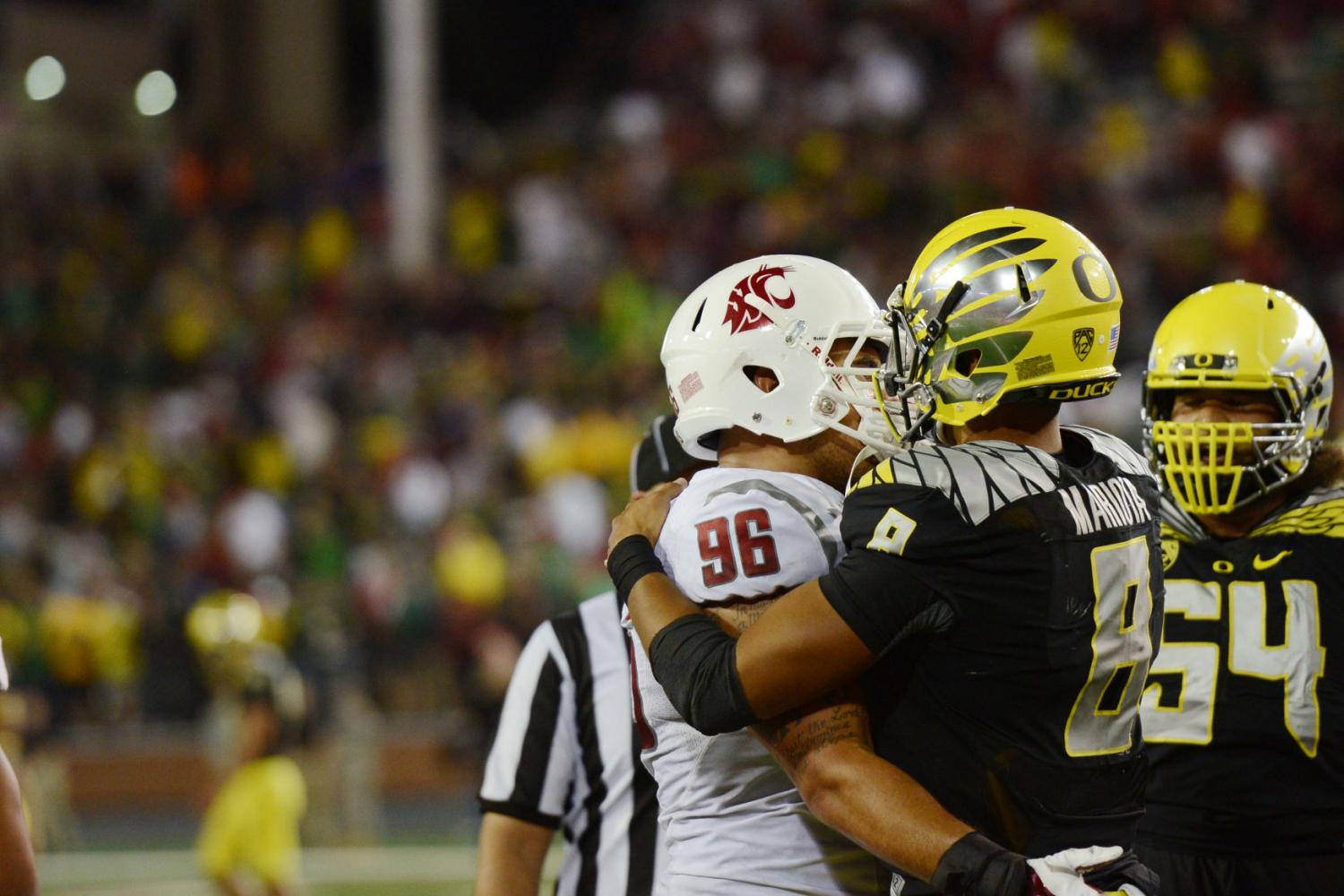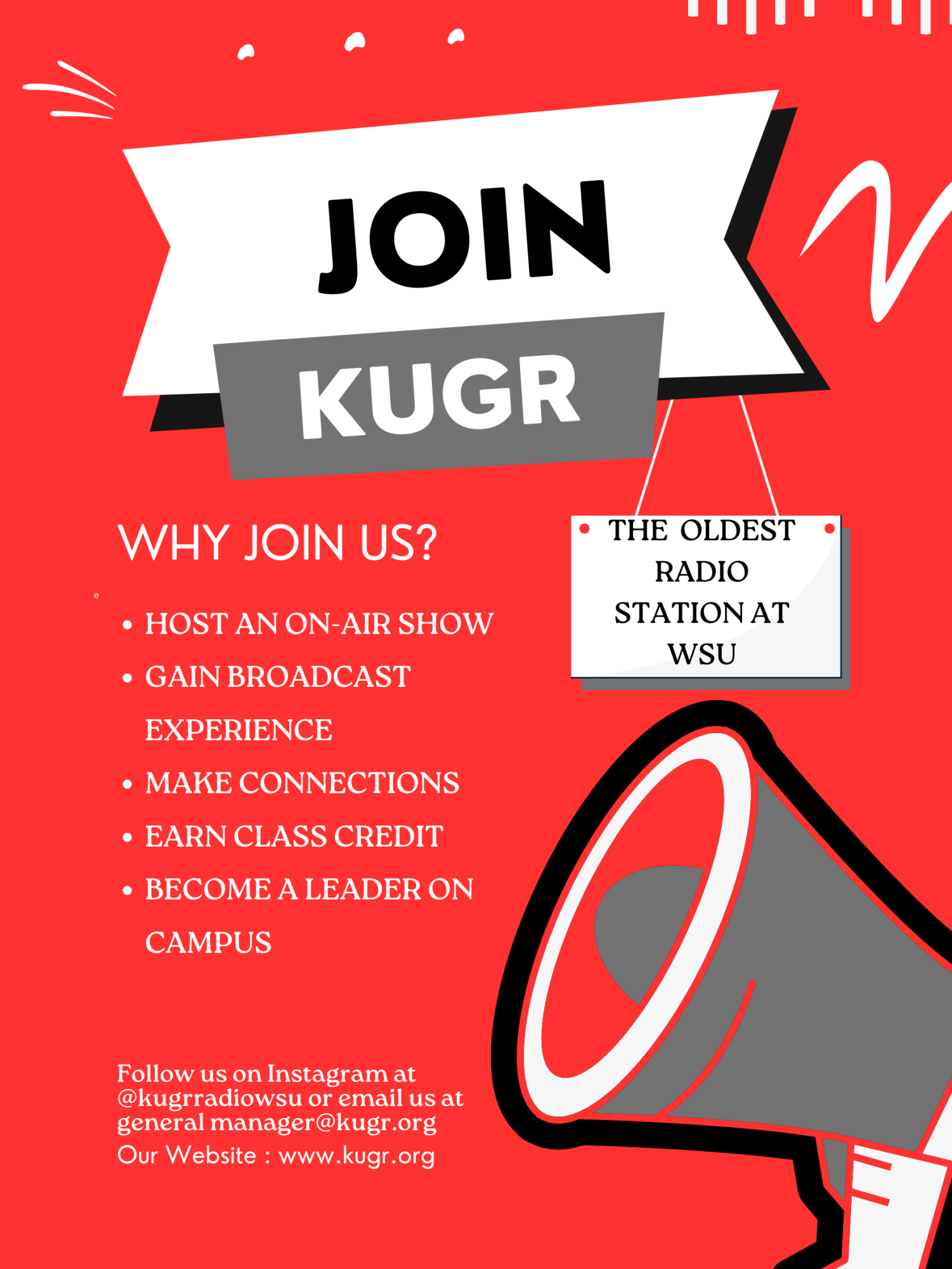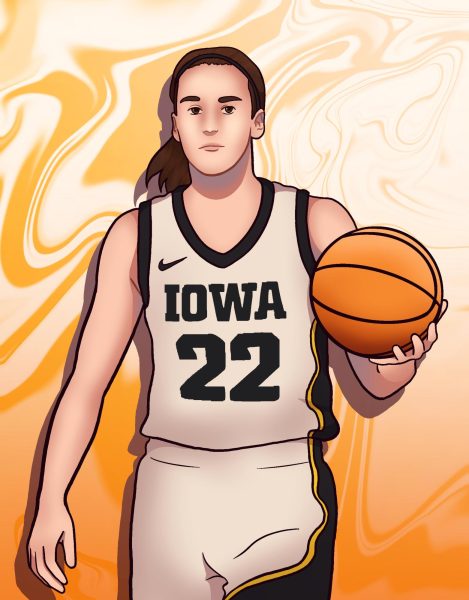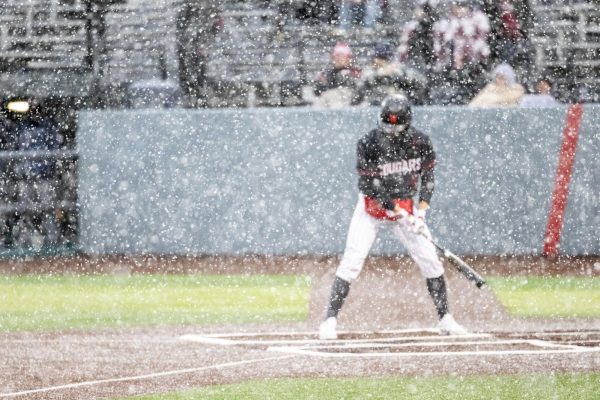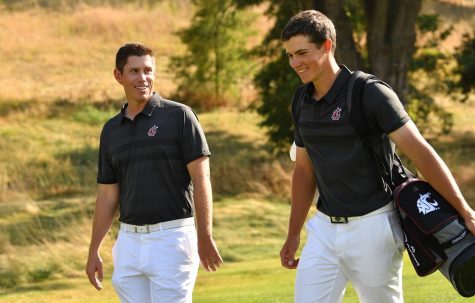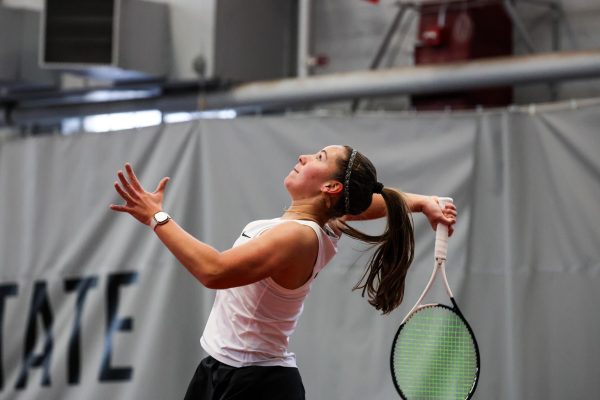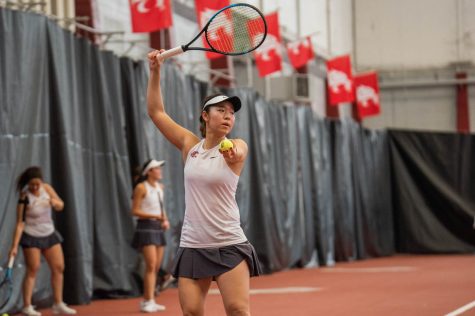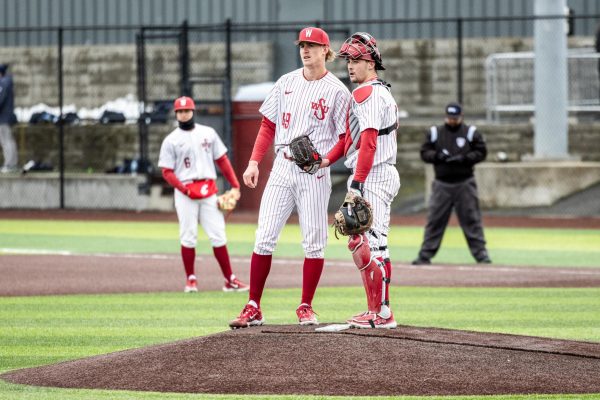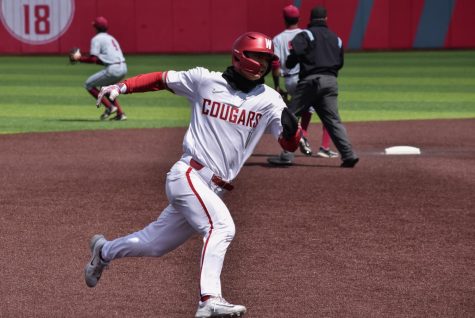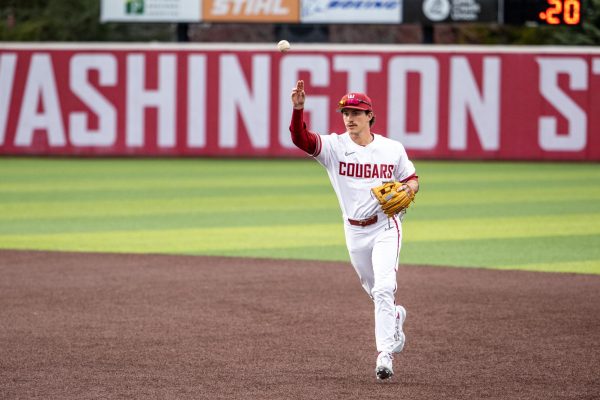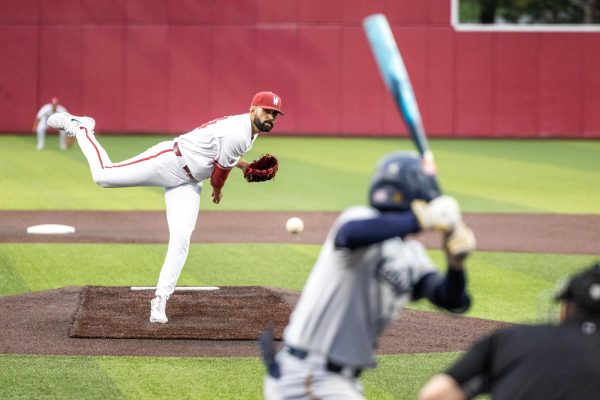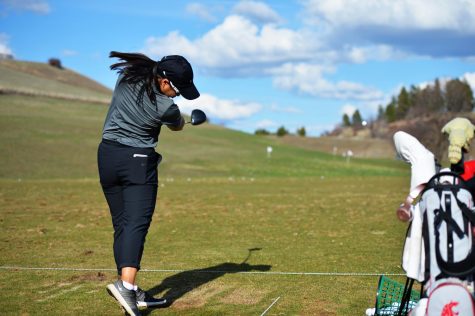College athletes deserve benefits
WSU defensive lineman Xavier Cooper greets Oregon quarterback Marcus Mariota after the game against the Ducks in Martin Stadium, Sept. 20, 2014. Oregon won the game 38-31.
October 14, 2014
Change is coming, maybe you heard.
Two months ago, the NCAA Board of Directors voted for power conference autonomy, stipulating that the NCAA’s five biggest conferences can make their own rules that don’t apply to smaller ones.
The Pac-12 is getting busy with new proposals. The first?
Increasing the amount of money given to athletes. This would include the costs of their attendance, enhancing their medical support, insurance, and even some support for returning to school to finish their degrees when their playing careers are over.
This must really upset Joe the Student. Especially after watching the Cal game last weekend. You see, Joe the Student doesn’t understand why some players are awarded scholarships in the first place. Not when a defense gives up 524 passing yards, and certainly not when 10-year olds throughout the country in Pee Wee Football Leagues have better field goal kicking percentages.
Joe the Student wants his school paid for, and he feels he deserves it more than the athletes. He will be facing thousands in student loans that he won’t be able to pay off after graduation because of the country’s stifling job market. He takes 18 credits a semester, works a full-time job, and barely has time to take Sally the Girlfriend out to dinner on Sunday.
But Joe the Student doesn’t understand what it’s like to be a student athlete. He doesn’t understand that life for athletes go beyond three-hour practices and game days.
Being an athlete is a job. Some must work on top of their sport. Let’s say a football player practices Monday through Thursday for two and a half hours. That’s ten hours a week. Then they play a game on Saturday. With the way the Pac 12 Network works, that usually takes about six hours, but we’ll be generous and say four. We’re at 14 hours.
Then there’s the pre-game. Joe the Student thinks the team comes on the field a couple hours before kickoff to stretch and play catch. No.
The team must stay the night in a hotel, conduct walk-throughs, and for away games fly sometimes all over the country. Pile on all the film they must watch outside of practice, and all the weight training. When the team travels, athletes must miss valuable lectures late in the week that are hard to make up.
All in all, it’s a full-time job, and they still have to keep up grades, otherwise they’ll be kicked off the team and the school could be put on probation.
The move would be a win-win for players and the NCAA, who are currently involved in multiple lawsuits. If schools can give players medical insurance now, and provide relief now, they won’t have to deal with it decades later.
On Oct. 27, discussions will begin on implementing the proposals, which would start at the beginning of next season.


